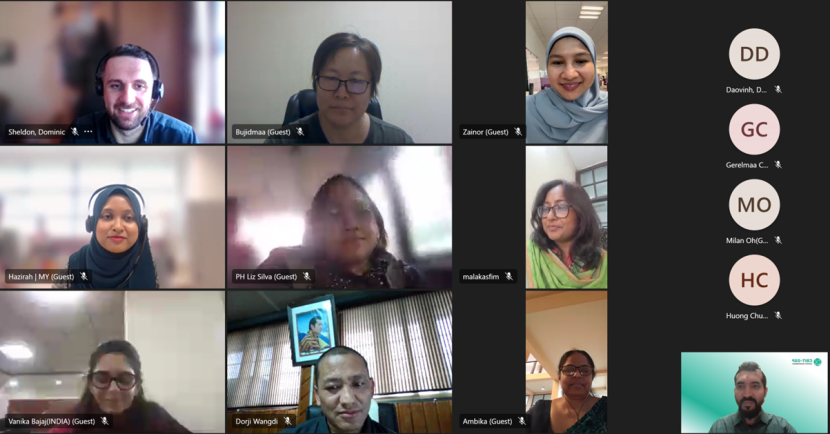Background and Objective
When preparing a national greenhouse gas (GHG) inventory and tracking national policies, dealing with missing data is a crucial aspect of ensuring accuracy and completeness. Missing data can arise from various sources, including incomplete reporting, measurement errors, or gaps in historical records. To address this, it is important to implement robust procedures for data collection and validation.
Data collection is a key part of the national inventory arrangements a country puts into place to regularly estimate
and report greenhouse gas emissions and removals. Developing a comprehensive national greenhouse gas inventory requires a robust framework for addressing data needs and employing suitable methods for gathering or estimating missing data to ensure the accuracy and completeness of the inventory.
It is essential to ensure the accuracy and reliability of the data to effectively track progress toward NDC targets and assess the impact of mitigation actions. It's important to note that the methods for gathering or estimating missing data should align with IPCC guidelines to ensure consistency and comparability across different countries' inventories and NDC tracking efforts.
Furthermore, establishing clear guidelines and protocols for data collection and reporting can help minimize the occurrence of missing data in future inventory cycles. This may involve providing training and support to data providers, improving data management systems, and promoting standardized reporting practices. Archiving and documenting will allow the data to be reconstructed and will form the basis of future inventories. It is good practice to establish sustainable relationships with data producers to reduce the resources (human, time and financial resources) required for data collection in subsequent years.
